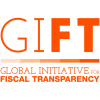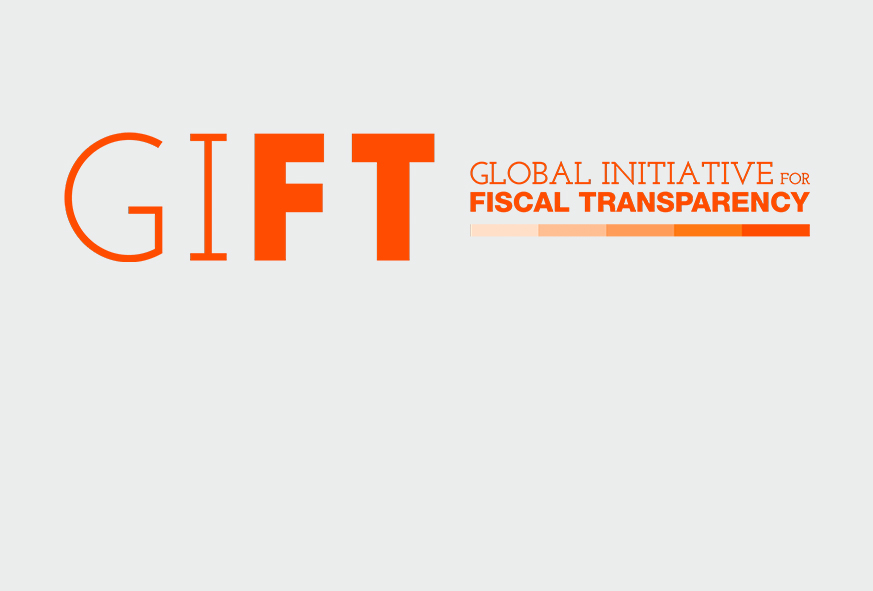In August 2015 we asked for public input on the draft of GIFT’s new Principles of Public Participation in Fiscal Policy. Now that GIFT’s Stewards have provisionally approved a revised version of the Principles we would like to provide feedback on the useful comments and suggestions we received and how many of them materially influenced the revised Principles.
A total of 27 responses were received, from a wide range of sources. The individual responses have been collated and arranged by each of the ten principles, together with more detailed feedback on how they were considered.
Participants were also asked to express how strongly -or not- they supported the Principles. In general, there was strong support for all principles, with the average support for each principle ranging from 89% – 98%. There were no specific suggestions for a new principle to be added.
Some respondents suggested that the principles could be simplified and re-ordered. In other cases specific suggestions were made for additional wording to be incorporated in the principles.
In the revised set of principles a number of changes have been made. Many of these have been specifically in response to the public consultation. The main changes include:
- The first principle is now about openness (principle 3 in the consultation version).
- The titles of principles 2, 5, 6, 8, and 10 in the consultation version have been revised in an attempt to make them clearer, and in some cases also to better reflect revisions made to the substance of the principle. For instance, as noted by one respondent, the term ˜facilitated’ (principle 5) in this context might be understood as referring to the facilitation of a specific engagement exercise; the title of that principle has therefore been changed to ˜accessible‘.
- All the components of principle 7 in the consultation version “ that participation be meaningful “ have been moved to other principles where they are both relevant and strengthen the other principle. As noted by one respondent, ˜meaningfulness‘ is in some sense an overarching aspect of public participation, a synthesis of a number of principles. The meaningfulness of public participation would now need to be assessed by drawing on performance against a number of the principles.
- A respondent referred to the importance of openness about the actual results of participation. This has been added to the openness principle.
- A respondent referred to the importance of the public being informed of the potential social, economic and environmental impacts of proposals. This language has been incorporated in principle 6.
- Some respondents referred to the need for evaluation of participation exercises to improve practices and provide accountability. This has been added to principle 8.
- A respondent suggested the addition of reference to the provision of safe spaces for public participation in recognition of sometimes hostile environments. This has been added to the inclusiveness principle.
- A respondent suggested not just allowing individuals and communities to speak for themselves, but supporting them to do so. This has been added to principle 3.
Not all suggestions were incorporated into the Principles so as not to over-burden them with detail. In one or two cases a suggested addition is now covered in the contextual material that precedes the principles e.g. reference to participation across the budget cycle. In other cases the issues are more appropriate for detailed documents currently being developed on good practices in public participation in fiscal policy.
A revised set of draft Principles was then discussed and provisionally approved by the GIFT Stewards in Washington D.C. on 1 and 2 December. The Stewards have until the end of January to provide any final feedback before official publication.
GIFT is now commencing work on a guide on how to implement the principles. The Guide is intended to meet strong interest from public officials and civil society in practical guidance on how states can better engage their citizens in the design and implementation of fiscal policies.
We are keen to continue engaging with officials, experts, practitioners and the public in this field. If you would like to contribute to, or to be kept informed of GIFT’s further work on public participation in fiscal policy, please sign up to receive our newsletter or contact us!
GIFT Lead Technical Advisor.

